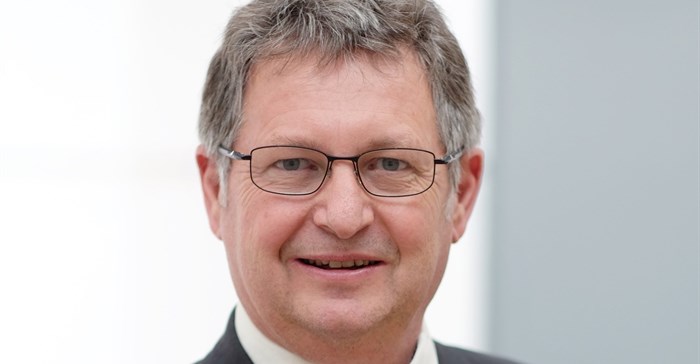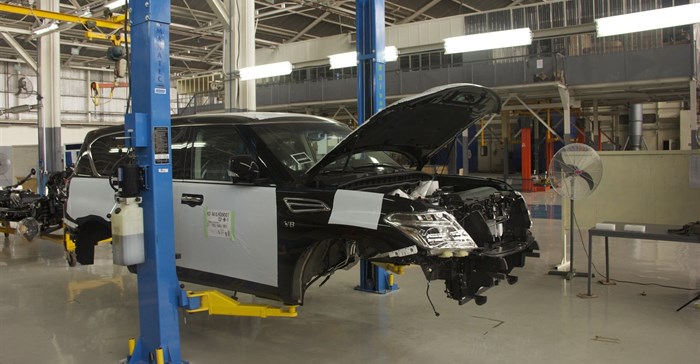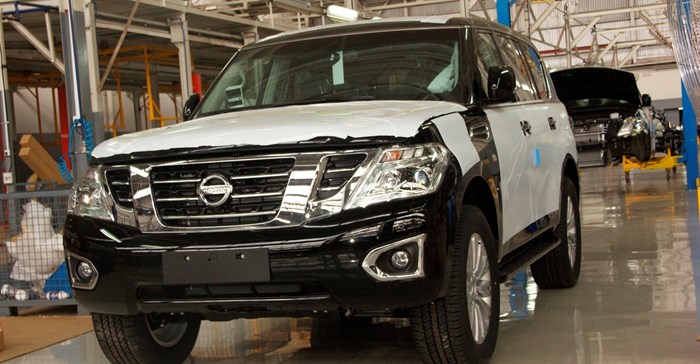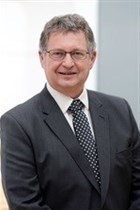Want to become a winning auto company in Africa? Here's how

These are some of the pre-requisites I believe are important to long-term sustainability on the continent.
Build strong relationships
However much you are investing in a given country, it’s wise to remember you are always a guest.
Legislation, systems, processes, and customs are different so it’s important to build up layers of trust with government and industry stakeholders.
Get to know who’s who and what they’re responsible for. Never go in with an all-knowing approach. Listen, suggest, discuss but don’t preach.
As first movers in Nigeria, we were fortunate to be invited to give input into the new auto policy when it was first being developed as part of the government’s strategy to industrialise. This has positioned us as a strong player in Nigeria’s developing auto industry.

More recently, we’re also giving assistance and advice through our membership of the African Association of Auto Manufacturers (AAAM). AAAM – comprising South Africa automakers – is playing a mentoring and knowledge-sharing role as countries consider car manufacturing in their industrialisation policies. Together we aim to develop a self-sustaining and internationally-competitive African auto industry.
Groom a localised workforce
Governments want to know that your investment is going to benefit the local economy and its people. So it’s crucial to localise your operation as much as possible as early as possible.
This means building an experienced workforce who understand their role in building your brand. Whether it’s at operational, sales or distribution level, skilled and knowledgeable employees – who can pass on their expertise to local counterparts – are a must.
An important development at our head office has been the recruitment of employees who represent us in our various markets, especially those where English is not the lingua franca – for example, French-speaking West and Central Africa, and Portuguese-speaking Lusophone Africa.
At our plant in West Africa, we’re building Proudly Nigerian vehicles for Nigerians by Nigerians. Initially, a strong expat contingent was necessary for skills training but this is reducing as we train and upskill the workforce. We’re also hoping to attract skilled auto industry Nigerian ex-pats who want to return and play a role in building local skills and developing their country’s auto industry.
Know your markets
Knowing current and anticipating future market trends is vital to managing the financial health of the business, as well as preparing for growth and expansion.
Africa as we know is a hotchpotch of markets: small and large; left- and right-hand drive; some economies and infrastructure more developed than others. So having an accurate gauge of volumes and product-types required in the various markets is wise from both a manufacturing and retail planning perspective.
There’s no point, for example, in having an over-supply of pickups – whether locally manufactured or imported - if demand has shifted to passenger vehicles.

Getting to really know and understand your markets – an on-going activity - is likely to be a combination of desktop studies, word-of-mouth experience, on-the-ground observation and strong local partners who can pass on their deep knowledge of customer behaviour.
Capitalise on logistical synergies
Distribution of vehicles and parts to over 40 countries in sub-Saharan Africa can be unwieldy and expensive. In Africa, a company working on its own doesn’t have sufficient volume or scale to create efficient solutions. So it’s cost-effective to make use of logistical synergies as much as possible.
This means optimising inward- and outward-bound land, air and sea routes for freight transport, either within the company or with external partners.
We’re able to combine volume with our Alliance partners Renault and Mitsubishi to create scale and efficiency. But we make use of other innovative solutions, for example when we transport vehicles to Kenya, where we send about 400 vehicles a month.
In this instance, we’ve partnered with a Kenyan company which delivers flowers to South Africa by air. On the flight’s return trip, we load the plane with vehicles destined for East African markets. It’s a good example of how different industries can work together to share available regional airfreight cargo capacity and simultaneously reduce costs.
In the last three years, logistics synergies across sub-Saharan Africa have directly and indirectly saved our company about R200 million.
Stay the course
It’s worth repeating that doing business in Africa is a long-term commitment. There are no shortcuts. There is no certainty – financial or political. There are going to be ups and downs.
But those who are prepared to listen to the experience of others, to solicit advice when necessary, and who have the stamina to stay with the programme will reap the rewards of success. Of that I am certain.
























